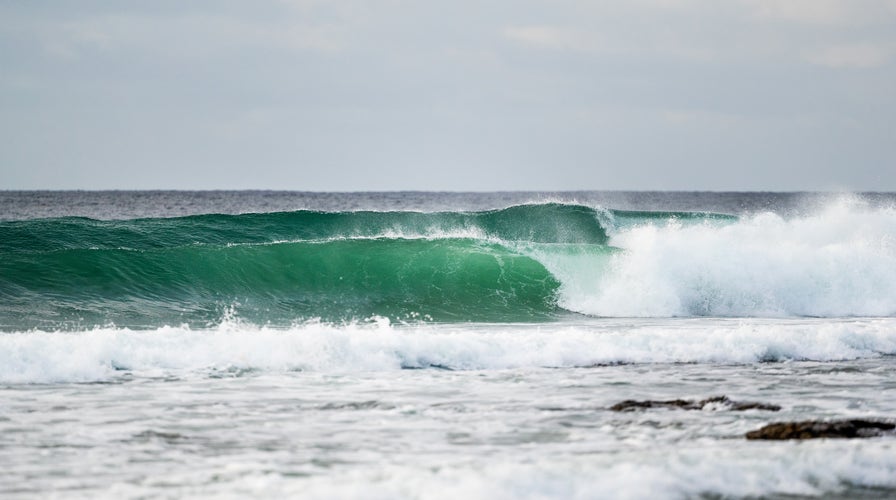Fox News Flash top headlines for April 7
Fox News Flash top headlines are here. Check out what's clicking on Foxnews.com.
The planet's high seas have become areas where lots of human activity takes place -- including fishing, transportation and mining -- that could threaten their biodiversity, according to researchers.
No nation truly has control of international waters -- which, by definition, are those more than 200 nautical miles from any coastline -- therefore it's harder to regulate areas containing essential ocean habitats and resources.
“The high seas are the planet’s last global commons,” said Morgan Visalli, a marine scientist at the Benioff Ocean Initiative at UC Santa Barbara, in a statement to The Current. “Yet marine life and resources on the high seas are at risk of being overexploited and degraded under the current fragmented framework of management. The world needs and deserves a comprehensive legal mechanism to protect high seas biodiversity now and into the future.”

The high seas are home to some of the world's greatest biodiversity. (Getty Images)
GREAT BARRIER REEF SEES MOST WIDESPREAD BLEACHING EVER RECORDED
In order to assist the United Nations with its first ever global high seas treaty meant to safeguard biodiversity in areas outside of national jurisdiction, a group of scientists harnessed the power of Big Data and an optimization algorithm to balance the costs and benefits of protecting different locations.
The researchers took more than 22 billion data points organized into 55 layers, according to their paper published in Marine Policy, that included information such as species diversity, ocean productivity, threatened species and fishing in locations across the high seas.
“We hope that the United Nations will indeed deliver a strong treaty later this year that includes measures to set up these new international ocean parks," Douglas McCauley, associate professor at UC Santa Barbara, explained to The Current. "And that science-based analyses, such as these, give them confidence that researchers and experts stand ready to help them strategically put these parks in smart places that will maximize the benefits that these parks will yield for people and nature.”









































